Jace Clayton, Arooj Aftab - Clayton: The Julius Eastman Memory Depot (2013)
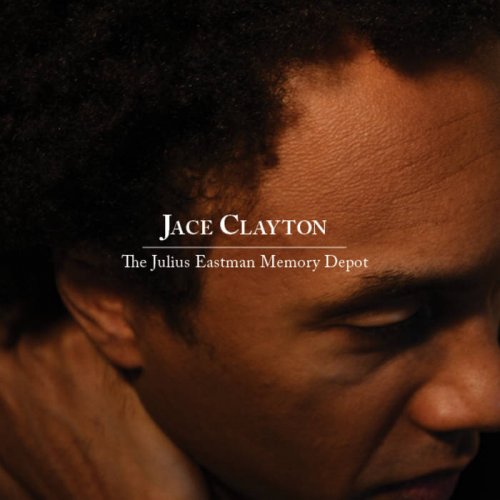
Artist: Arooj Aftab, Jace Clayton
Title: Clayton: The Julius Eastman Memory Depot
Year Of Release: 2013
Label: New Amsterdam
Genre: Experimental, Modern, Modern Classical
Quality: 16-bit/44.1kHz FLAC
Total Time: 00:53:47
Total Size: 211 MB
WebSite: Album Preview
Improvisation, oral traditions, and a deep-seated suspicion of music-ascommodity form the cornerstone of black American traditions, from the slave dances held at New Orleans’ Congo Square to the outer borough DJ culture of 1970s New York, whose practicioners turned those static coils of sound known as vinyl records into something spontaneous, communitarian, queering the progressivist lines of musical history with loops and scratches. Julius’s brother Gerry, a jazzman, participates in this tradition. Then there’s Julius. From the late 1960s through the 80s, he composed and performed extensively in classical music environs, whose mores he bristled against, whose context he notoriously exceeded. One snapshot shows him bent over paper writing a song for 10 cellos; another frames him holding a heavy man in drag in an East Village laundromat. They look happy. Neither image would be so beautiful without the other. So too his titles strain against any attempt to separate the sounds they precede from the sting and texture of life outside the concert hall (“Crazy Nigger”, “If You’re So Smart, Then Why Aren’t You Rich?”, etc.)Title: Clayton: The Julius Eastman Memory Depot
Year Of Release: 2013
Label: New Amsterdam
Genre: Experimental, Modern, Modern Classical
Quality: 16-bit/44.1kHz FLAC
Total Time: 00:53:47
Total Size: 211 MB
WebSite: Album Preview
Eastman’s life details shimmer into rumor. He embraced a written, post- European classical tradition, but most accounts portray him as disorganized, uninterested in preserving his own legacy. Manuscripts were lost to eviction (so the story goes) or simple neglect. Yet some of the idiosyncratic surviving works are meticulously scripted down to the second, and demand virtuosic attention. This album explores the structural themes of Eastman’s music as well as the cultural contexts surrounding it. Specifically, David and Emily performed Eastman’s “Evil Nigger” (1979) and “Gay Guerrilla” (1980), as I processed their piano sounds using custom-built audio software. Faithful approximations of Eastman’s scores flow into sections where the electroacoustic transformations take on a lead role. The third piece offers a coda of sorts, and was developed for the live performance version (which features additional scenes). I interpret the open-ended, irreverent nature of Eastman’s legacy as a call to conversation. Reverence can be a form of forgetting.
Tracklist:
01. Jace Clayton - Pt. I (Arr. J. Clayton) (05:59)
02. Jace Clayton - Pt. II (Arr. J. Clayton) (03:08)
03. Jace Clayton - Pt. III (Arr. J. Clayton) (02:56)
04. Jace Clayton - Pt. IV (Arr. J. Clayton) (10:02)
05. Jace Clayton - Pt. I (Arr. J. Clayton) (07:49)
06. Jace Clayton - Pt. II (Arr. J. Clayton) (07:49)
07. Jace Clayton - Pt. III (Arr. J. Clayton) (03:19)
08. Jace Clayton - Pt. IV (Arr. J. Clayton) (03:10)
09. Jace Clayton - Pt. V (Arr. J. Clayton) (06:13)
10. Jace Clayton - Callback from the American Society of Eastman Supporters (03:19)
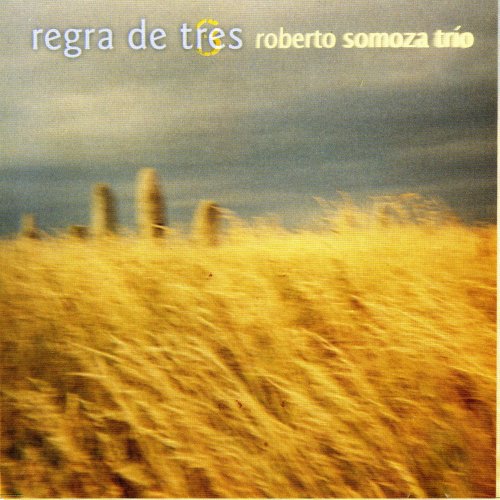
![Noga - Heroes in The Seaweed (2025) [Hi-Res] Noga - Heroes in The Seaweed (2025) [Hi-Res]](https://www.dibpic.com/uploads/posts/2026-02/1771663366_nhs500.jpg)
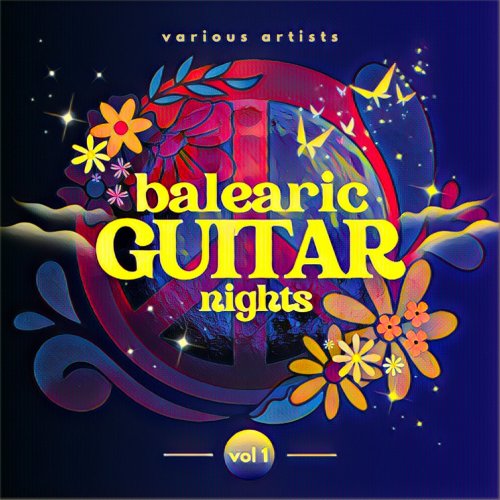
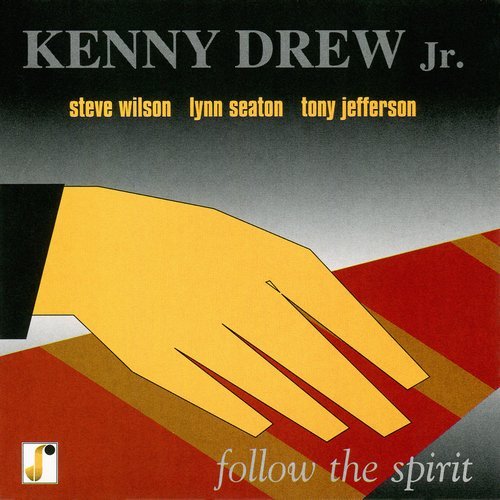
![William Ackerman - Past Light (1983) [1997 Japanese Edition] William Ackerman - Past Light (1983) [1997 Japanese Edition]](https://www.dibpic.com/uploads/posts/2026-02/1771702726_001.jpg)
![Greg Foat & Sokratis Votskos with The Giorgos Pappas Trio - Impressions of Samos (2026) [Hi-Res] Greg Foat & Sokratis Votskos with The Giorgos Pappas Trio - Impressions of Samos (2026) [Hi-Res]](https://www.dibpic.com/uploads/posts/2026-02/1771506483_sa4kxxin052ht_600.jpg)

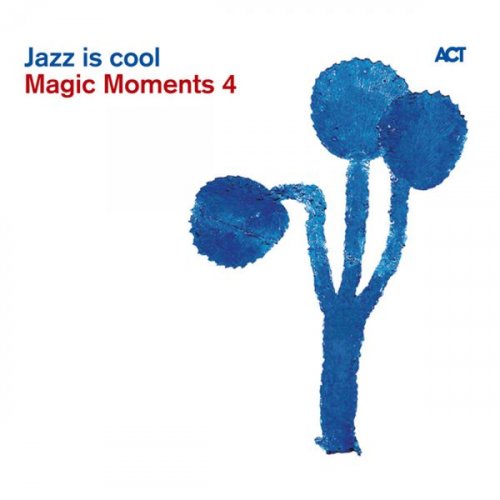
![Magda Mayas' Filamental - Murmur (2026) [Hi-Res] Magda Mayas' Filamental - Murmur (2026) [Hi-Res]](https://www.dibpic.com/uploads/posts/2026-02/1771663724_i3cjtptz4ae2l_600.jpg)